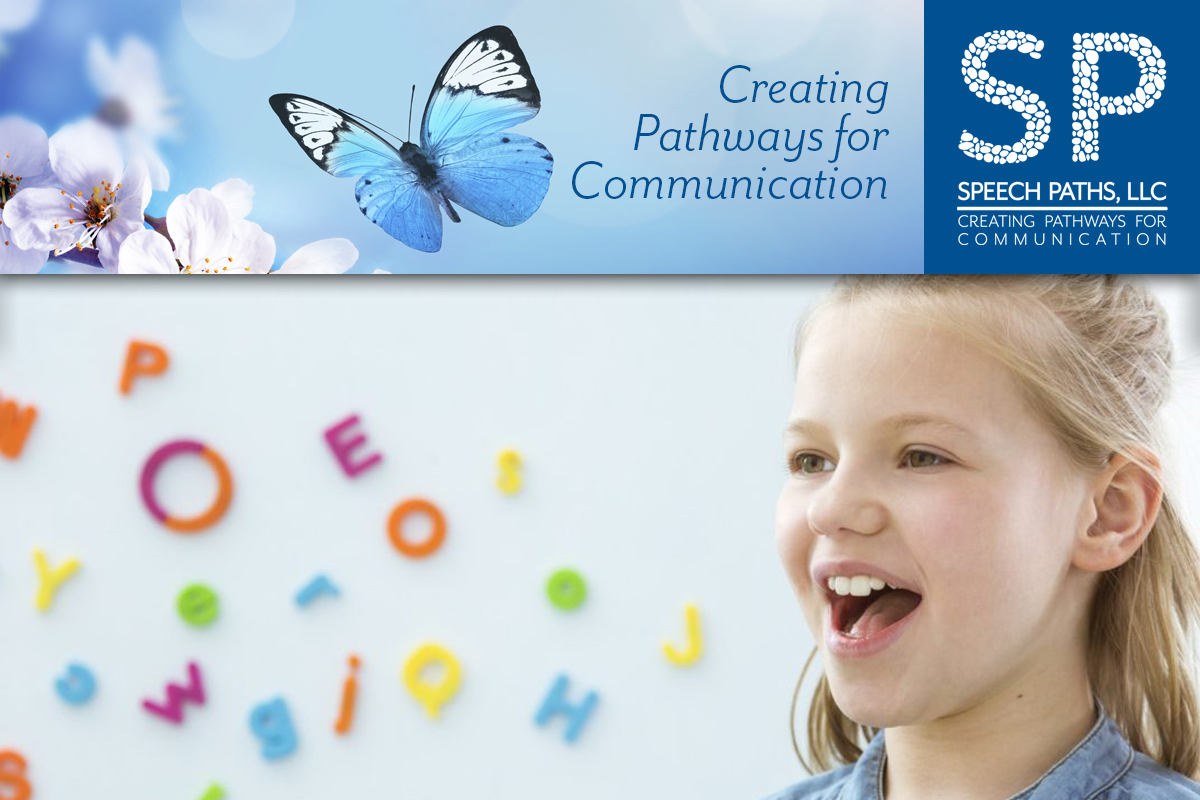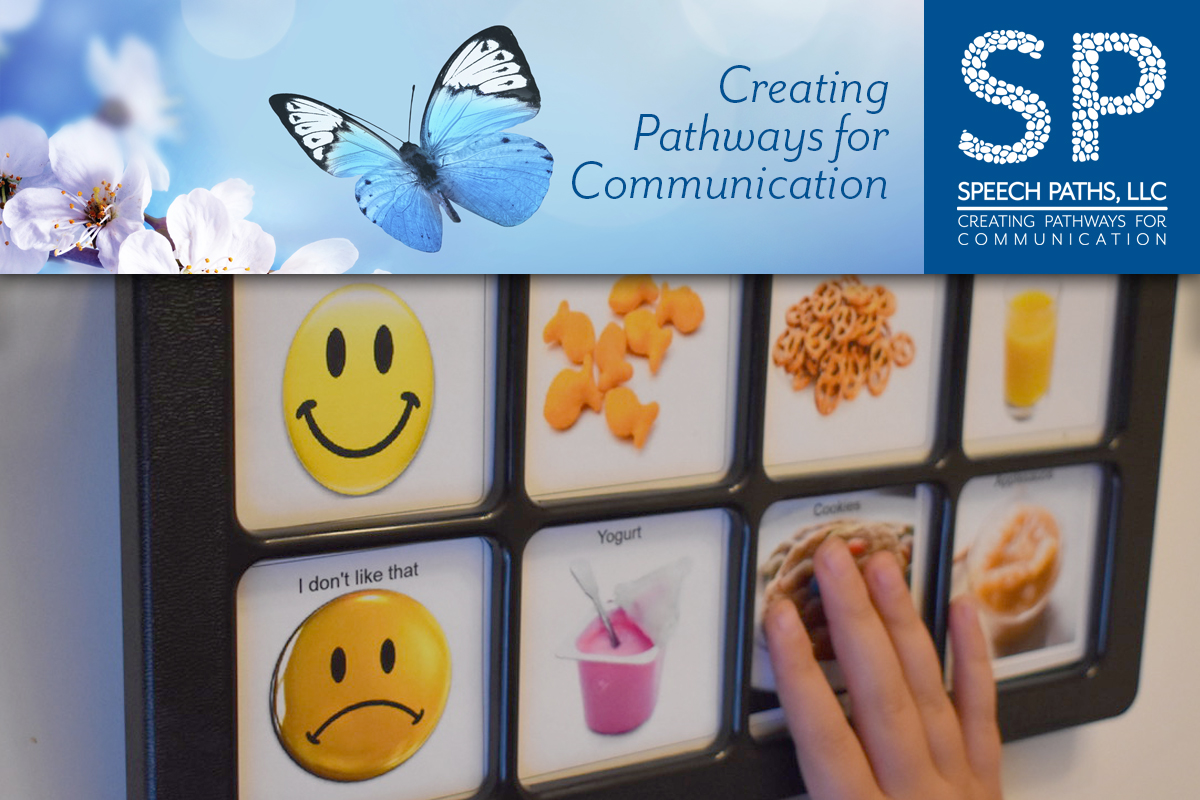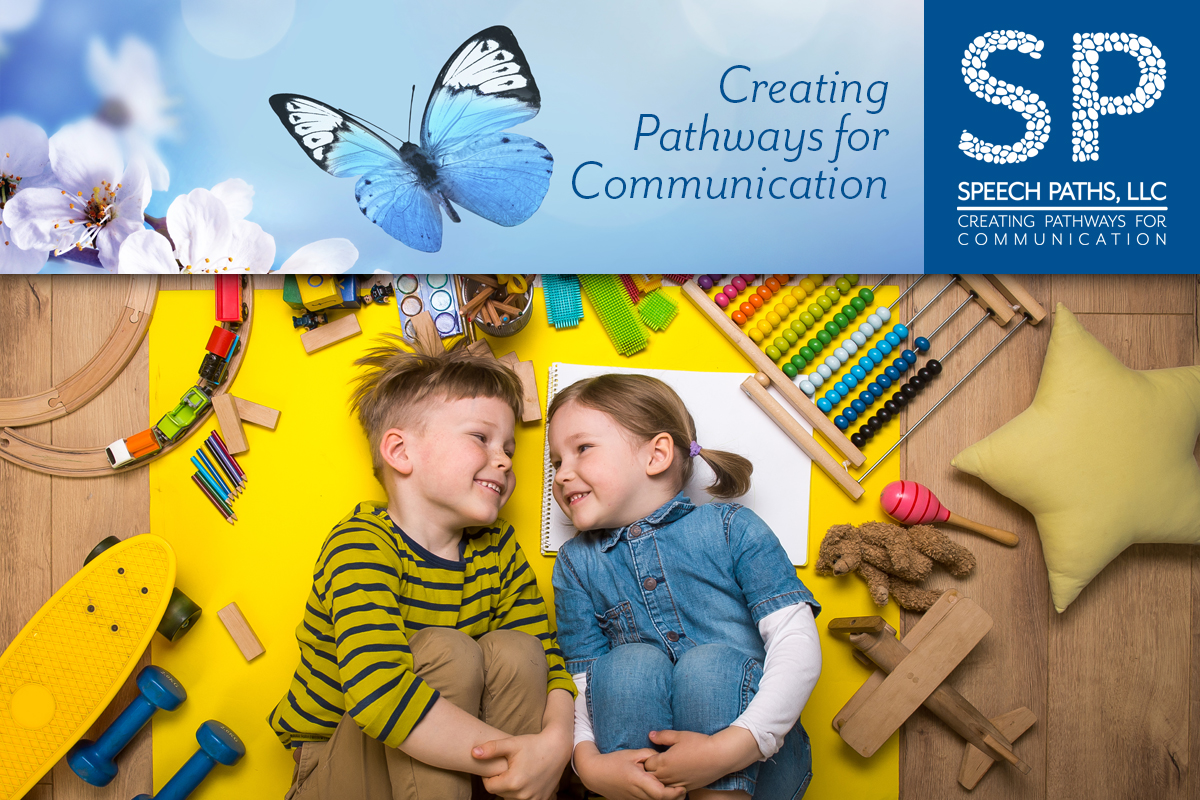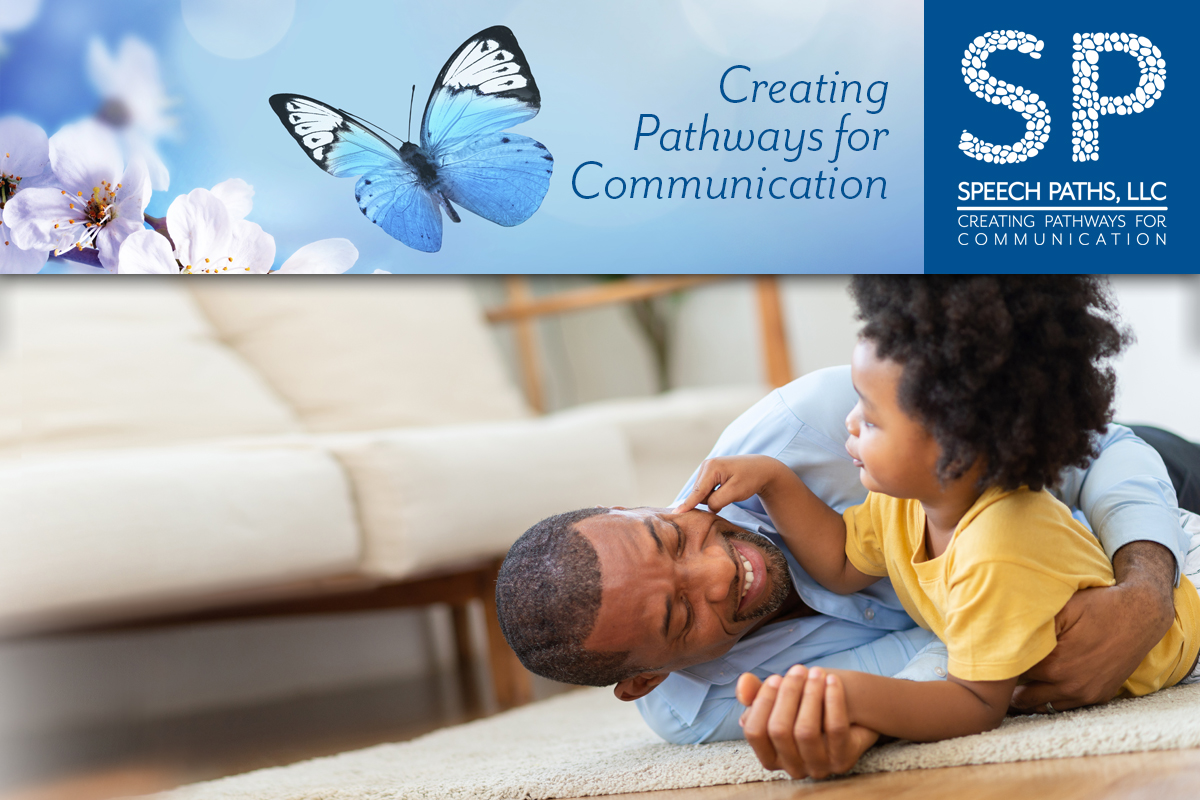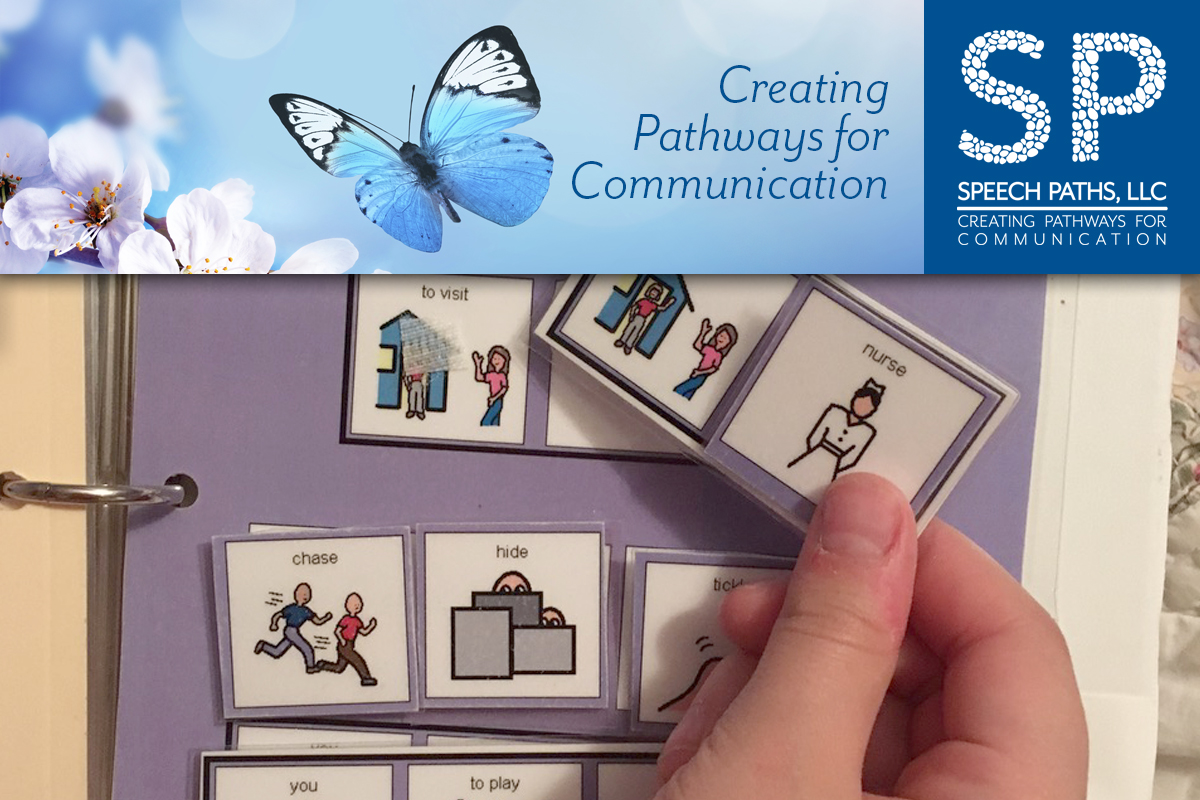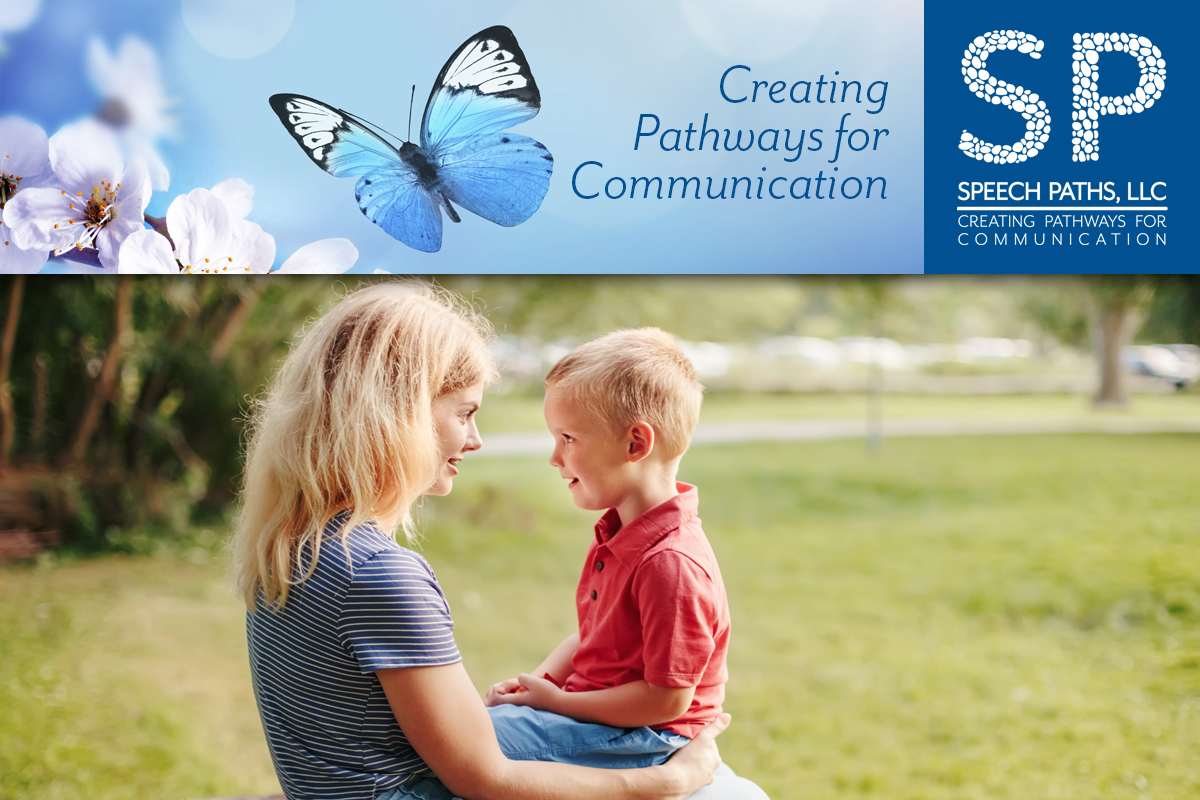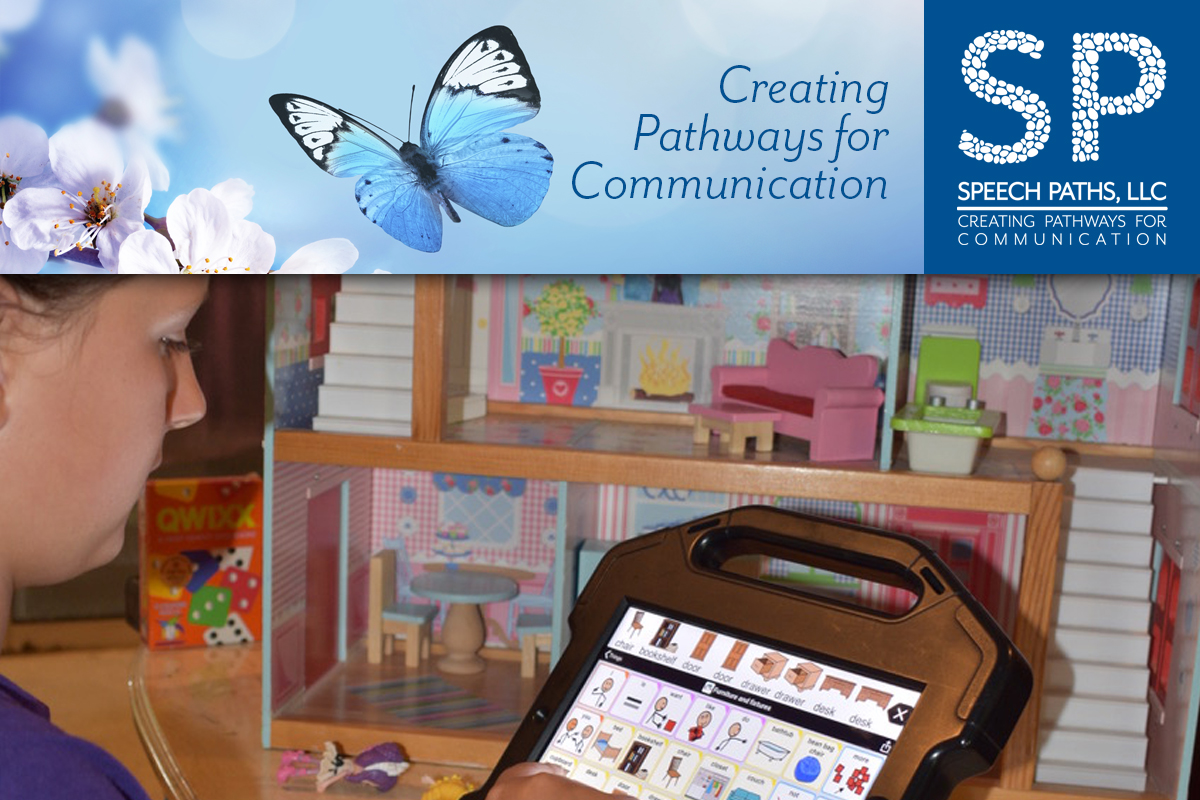
How do I know if there is a problem?
If you are asking the question, trust your instincts. Contact us and we will work with you and your loved one to determine if there is reason for your concern, and develop a plan for how we can help.
Is it too early in my child’s development to contact you?
We have experience in early intervention (birth to three years.) Working together at these physical and intellectual developmental stages allows a child to begin on the right path to growth. The brain is more adaptive to change in the early years.
How can I participate in my loved one’s care?
Families are active partners in treatment. During our sessions, we may have instances where we can work as a unit, and others that are more one-on-one, therapist and patient. For those developing critical communication skills using AAC , an individual’s home life is integrated into therapy. For our earliest learners, parents and caregivers learn ways to promote their child’s development throughout the day.
How long are your sessions and how long will my child need therapy?
A typical treatment plan includes one 45 to 60-minute session per week. In some cases, our clients have started treatment with more intensive sessions then gradually decreased the frequency of sessions as they progressed. For others, sessions every other week with a strong home component have been beneficial. We customize our treatment to the unique needs of our individuals and their families.
My child has a behavior plan. Will individual therapy conflict with his behavior goals?
Both Maryanne and Heather have training in ABA and extensive experience working with behavior plans. We understand the need for consistency and will strive to incorporate behavior plan specifics into our sessions as appropriate.
How do you work with Autism Spectrum Disorders?
We understand that many different professionals help individuals with ASD. Our unique training as speech-language pathologists enables us to assess speech and language development and social communication skills. From there, we are able to design treatment to address difficulties in these areas. Our additional training in ABA helps to ensure we are using evidence based practices in treatment.
My school program could benefit from having a therapist with your expertise. Do you provide therapy for school programs?
We offer opportunities for schools to contract with us on a limited basis. Please contact us for more information.
If you are asking the question, trust your instincts. Contact us and we will work with you and your loved one to determine if there is reason for your concern, and develop a plan for how we can help.
Is it too early in my child’s development to contact you?
We have experience in early intervention (birth to three years.) Working together at these physical and intellectual developmental stages allows a child to begin on the right path to growth. The brain is more adaptive to change in the early years.
How can I participate in my loved one’s care?
Families are active partners in treatment. During our sessions, we may have instances where we can work as a unit, and others that are more one-on-one, therapist and patient. For those developing critical communication skills using AAC , an individual’s home life is integrated into therapy. For our earliest learners, parents and caregivers learn ways to promote their child’s development throughout the day.
How long are your sessions and how long will my child need therapy?
A typical treatment plan includes one 45 to 60-minute session per week. In some cases, our clients have started treatment with more intensive sessions then gradually decreased the frequency of sessions as they progressed. For others, sessions every other week with a strong home component have been beneficial. We customize our treatment to the unique needs of our individuals and their families.
My child has a behavior plan. Will individual therapy conflict with his behavior goals?
Both Maryanne and Heather have training in ABA and extensive experience working with behavior plans. We understand the need for consistency and will strive to incorporate behavior plan specifics into our sessions as appropriate.
How do you work with Autism Spectrum Disorders?
We understand that many different professionals help individuals with ASD. Our unique training as speech-language pathologists enables us to assess speech and language development and social communication skills. From there, we are able to design treatment to address difficulties in these areas. Our additional training in ABA helps to ensure we are using evidence based practices in treatment.
My school program could benefit from having a therapist with your expertise. Do you provide therapy for school programs?
We offer opportunities for schools to contract with us on a limited basis. Please contact us for more information.
